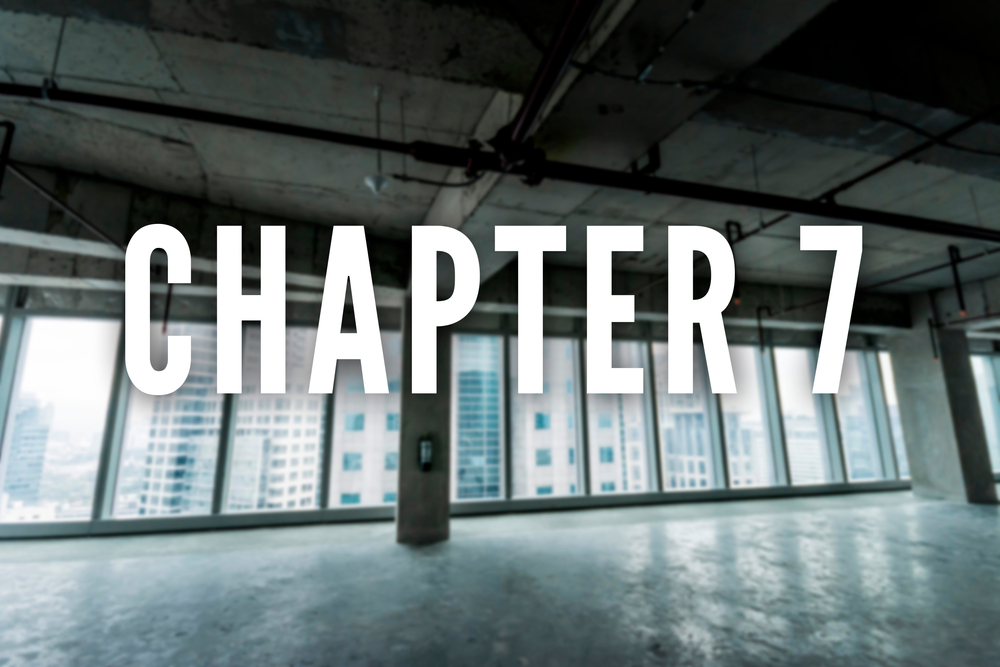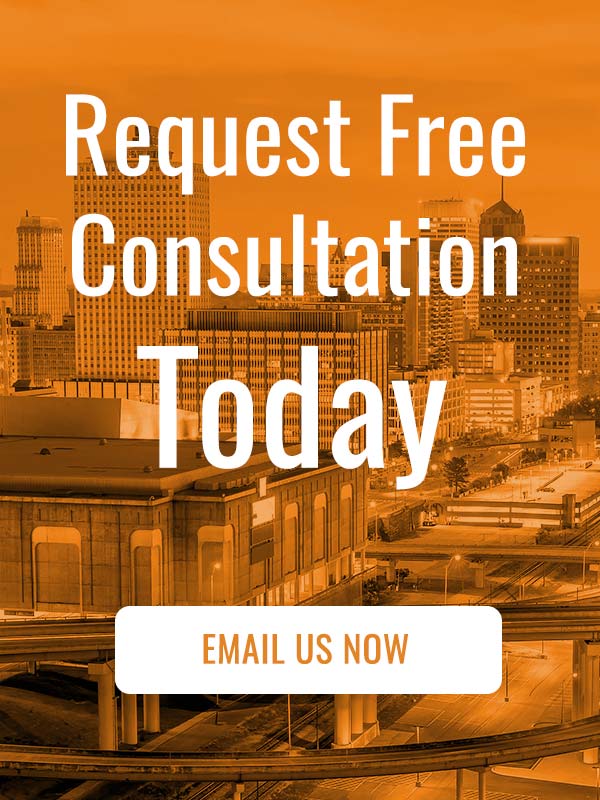
Many people think that bankruptcy is a magical solution to all their debt issues. However, while bankruptcy can help significantly improve your financial situation, it is not a magic wand that can immediately wipe out every single debt you have. This does not mean that bankruptcy is not beneficial – it certainly is for many people. You should always know which debts you can eliminate in a Chapter 7 discharge and which will remain before you file.
Unsecured Debts
Mostly, Chapter 7 bankruptcy wipes out your unsecured debts, which are debts that do not have collateral. On the other hand, you will likely keep your secured debts, such as a home mortgage or an auto loan. Examples of unsecured debts commonly discharged in consumer bankruptcy include:
- Credit cards and retail cards
- Unsecured personal loans
- Loans from family or friends
- Medical bills
- Benefit overpayments
- Most legal judgments
These debts often make up a substantial part of a consumer debt portfolio, and they usually have the highest interest rates. Once you do not have to worry about these payments, you should likely have enough freed funds to keep up on your non-dischargeable debts.
If you are wondering whether a Chapter 7 discharge will improve your finances, you should allow a Memphis bankruptcy lawyer to evaluate your situation. One important question is whether you have the right kind of debts to properly benefit from a Chapter 7 case. If you have other types of debts, there might be other options, such as Chapter 13 bankruptcy, that you can discuss.
Discuss Your Options with a Memphis Bankruptcy Attorney
At the Hurst Law Firm, P.A., we assist people from all different backgrounds with the bankruptcy process, and we will honestly assess whether bankruptcy is the right option for you. Contact us for assistance today.


